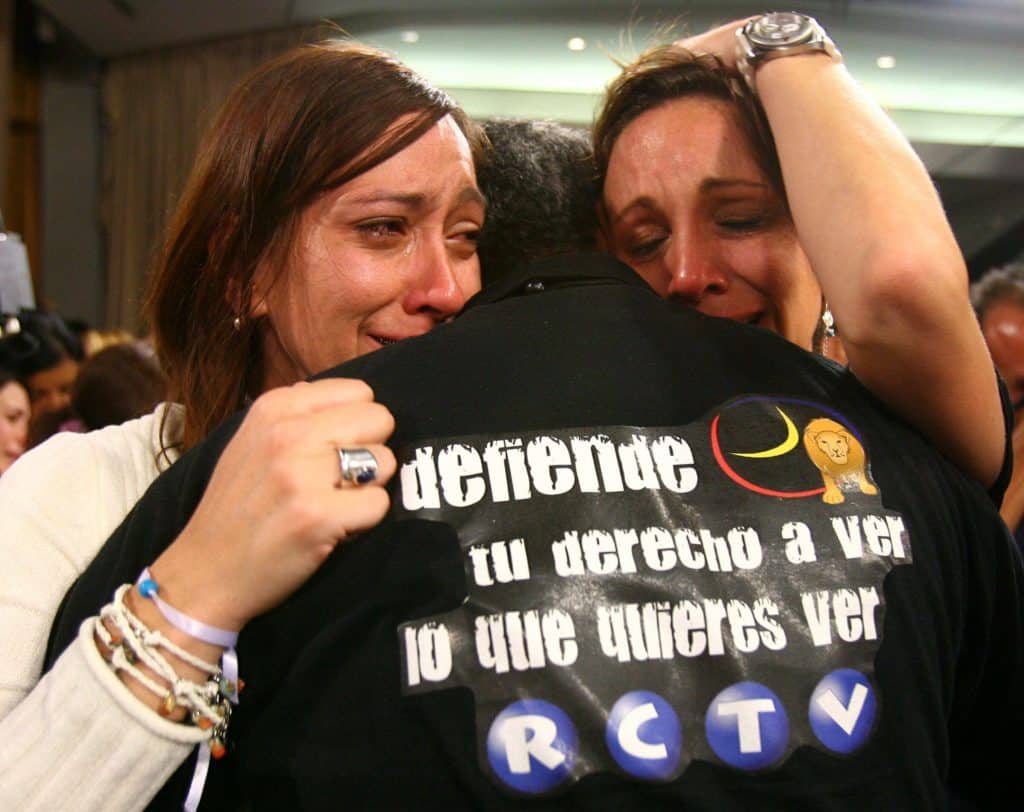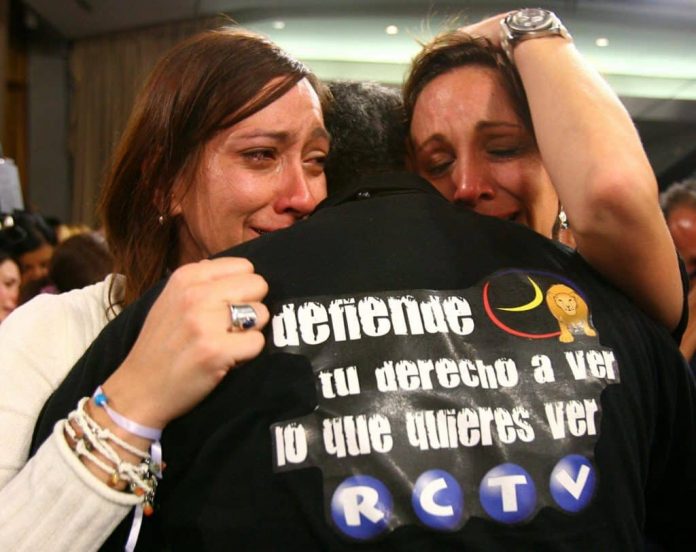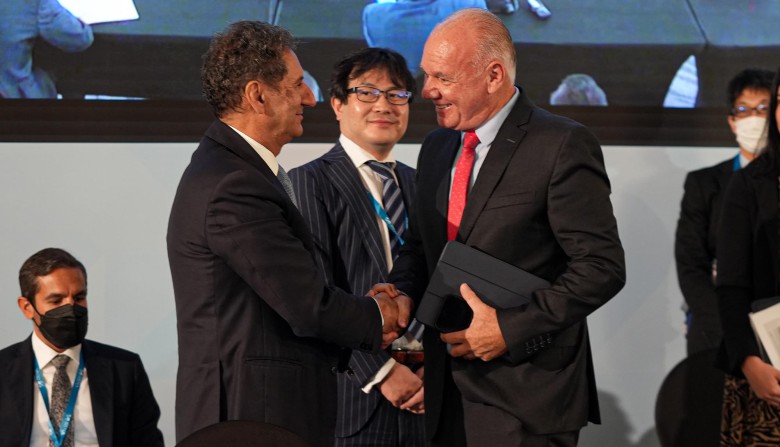11:59 p.m. Sunday day. Sitting in front of the television, reunited as a family, others alone, the Venezuelans who tuned in to channel 2 to see, for the last time, the programming of Radio Caracas Televisión (RCTV) impotently bid farewell to the channel that inaugurated its broadcasts on November 18 from 1953.
That May 27, 2007, Radio Caracas Television stopped broadcasting its signal by order of Hugo Chávez, who decided not to renew the concession to the channel located in Quinta Crespo in his desire to silence the media adverse to his management. “Go find something else to do, gentlemen from RCTV,” the then president had said during a New Year’s Eve salute to a representation of the armed forces in December 2006.
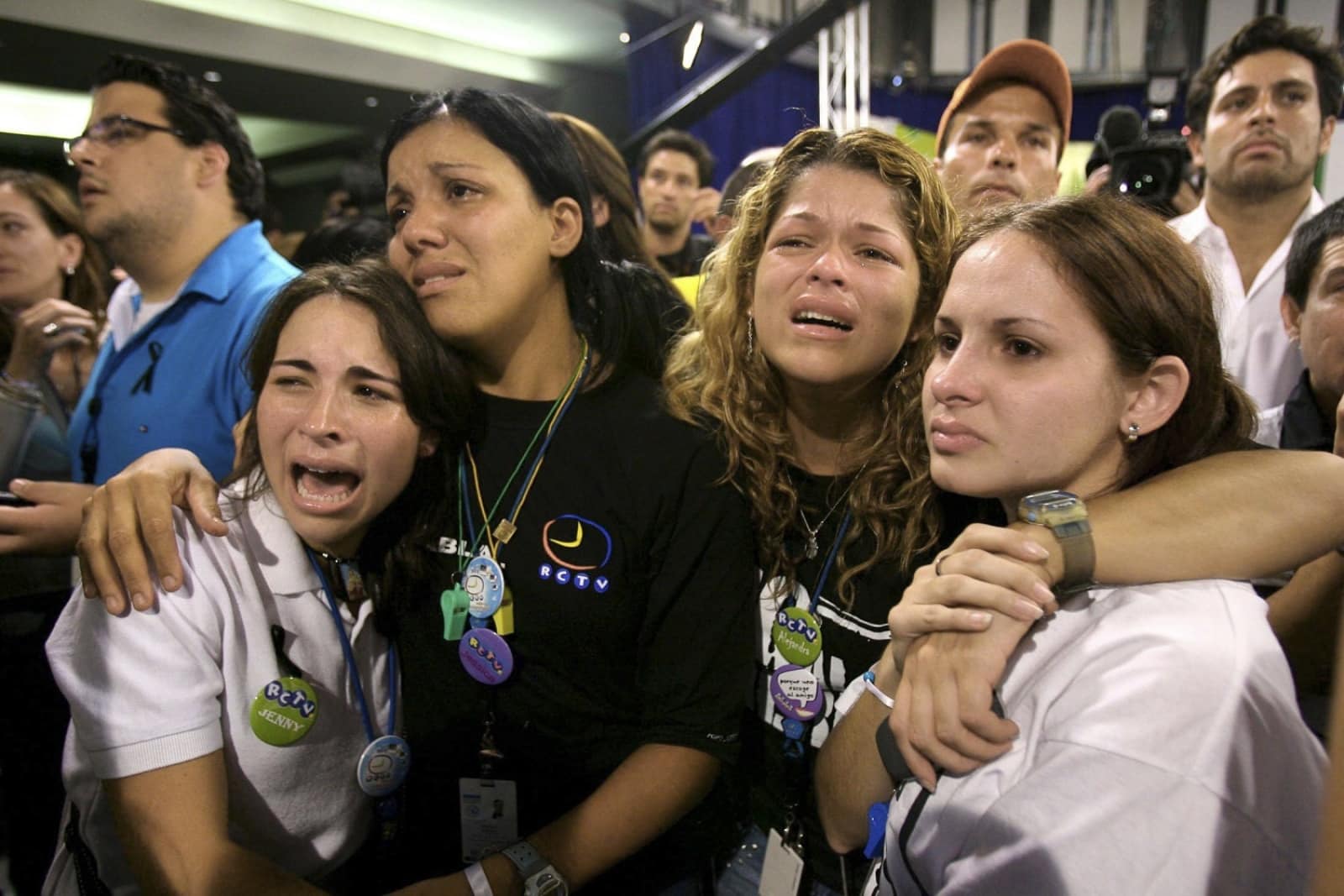
A measure that resonated internationally, which brought civil society to the streets to demand the right to information and entertainment.
Minutes before midnight, actors, journalists, entertainers and workers gathered and sang the National Anthem to say goodbye to the viewers who accompanied them, from the other side of the screen, to enjoy soap operas, comedy shows, game shows, specials and musicals.
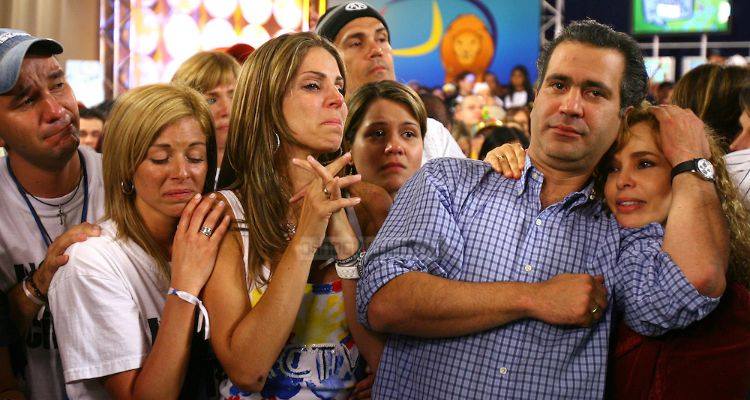
12:00 am. RCTV ended its transmission. The screen went black to make way for Televisora Venezolana Social (TV) that today, 15 years later, is still on the air.
That was the first big blow, among many others, that the Chávez regime would give to freedom of expression, a task that Nicolás Maduro continues.
A month and a half later, on July 16, Radio Caracas Television resumed operations. The channel returned to broadcast through cable television systems under the name of RCTV Internacional.
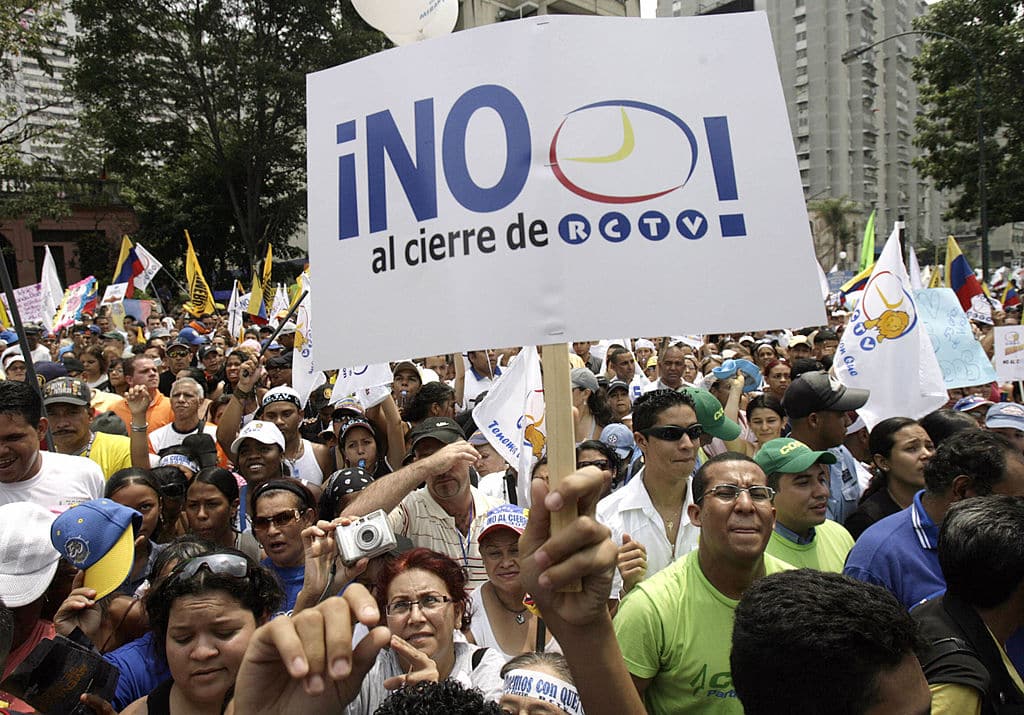
However, in 2010 the National Telecommunications Commission (Conatel) ordered the cable operators to withdraw the signal from the channel, because -according to the agency- RCTV Internacional did not comply with the Law of Social Responsibility in Radio and Television by not broadcasting Chavez’s networks. .
Since then, RCTV has acted as a production house, where programs are made for other networks. It partnered with RTI Producciones from Colombia, Telemundo from the United States and the Mexican-American TelevisaUnivision.
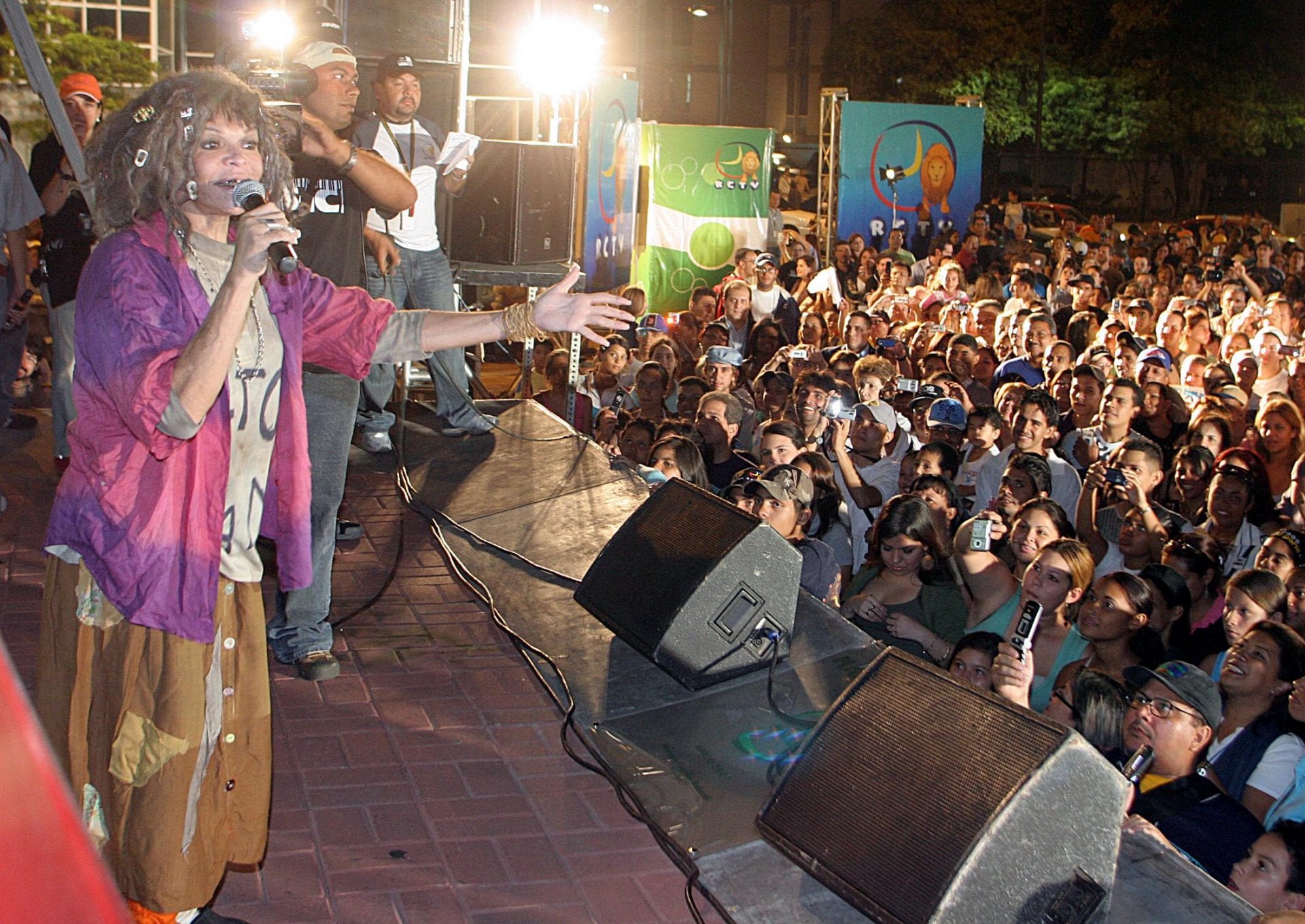
Recently, in 2020, RCTV came to streaming. Two years ago, in the midst of the covid-19 pandemic, a homonymous application brings together the entire catalog of Radio Caracas Television. The platform offers 5,000 hours of programming, including telenovelas (Juana the virgin, My fat beauty, My three sistersamong many others), series (Cycle of Gold of Rómulo Gallegos, Criminal File, Log) and movies (The hand, The crybaby, The Chupacabra).

